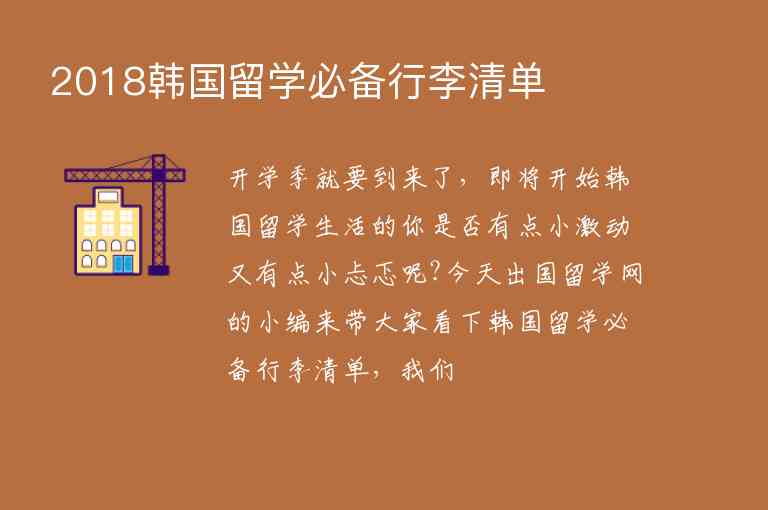banished是一个动词,意为“驱逐,放逐,流放”。它的过去式为banished,过去分词为banished,现在分词为banishing。这个词源于古英语的bannan和scieldan,分别意为“命令”和“保护”。
怎么读(音标)
[ˈbænɪʃt]
用法
1. banish sb./sth. (from...):把某人/某物(从...)驱逐出去
2. be banished to...:被流放到...
3. banish sb.'s fears/worries/doubts:消除某人的恐惧/忧虑/疑虑
4. banish sth. from one's mind/thoughts:将某事从心中驱除
例句1-5句且中英对照
1. He was banished from the kingdom for his treasonous acts.
他因罪被驱逐出王国。
2. The criminals were banished to a remote island as their punishment.
罪犯们被流放到一座偏远的岛屿作为惩罚。
3. The therapist helped her to banish her fears and insecurities.
治疗师帮助她消除了她的恐惧和不安全感。
4. She tried to banish thoughts of him from her mind, but it was impossible.
她试图将他从脑海中驱除,但却做不到。
5. The new law aims to banish discrimination in the workplace.
这项新法律旨在消除职场上的歧视。
同义词及用法
1. exile:动词,意为“流放,放逐”,强调被迫离开原居地。
2. deport:动词,意为“驱逐出境”,通常指对外国人的行为。
3. expel:动词,意为“驱逐,赶走”,通常指被迫离开某个地方或组织。
4. ostracize:动词,意为“排斥,孤立”,强调被社会或群体排斥。
5. dismiss:动词,意为“解雇,免职”,也可用于形容某事被忘记或拒绝。
编辑总结
banished是一个常用的动词,在日常生活中可以用来描述被迫离开某个地方或组织的情况。它也可以用来表示消除恐惧、疑虑等负面情绪。在写作时可以根据语境选择合适的同义词替换使用,增加句子的表达力。

